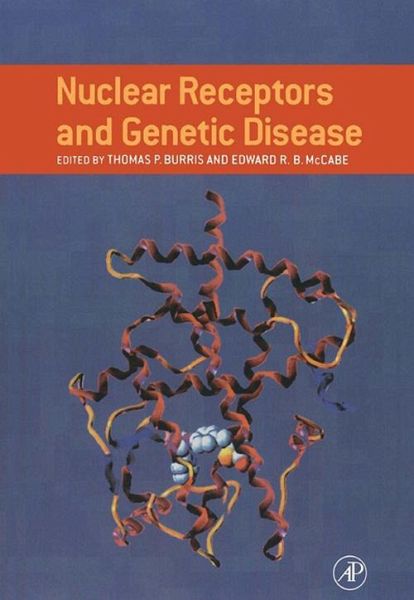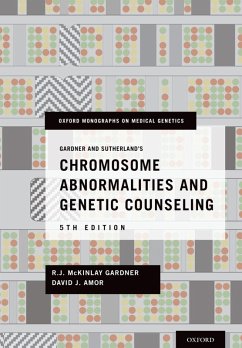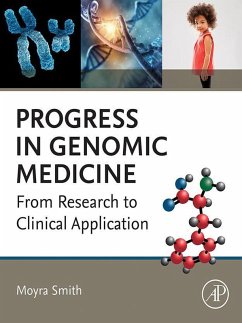
Nuclear Receptors and Genetic Disease (eBook, ePUB)
Versandkostenfrei!
Sofort per Download lieferbar
146,95 €
inkl. MwSt.
Weitere Ausgaben:

PAYBACK Punkte
73 °P sammeln!
Nuclear Receptors and Genetic Disease provides the first compilation of the role of nuclear hormones in health and disease and incorporates the latest breakthroughs in the field. It provides comprehensive reviews of the major receptors prepared by the acknowledged experts in each area. Each chapter provides information on the history, physiology, structure, mechanism of action, genetics, pathophysiology, disease diagnosis, and disease treatment for a particular nuclear receptor. Each chapter also includes a table showing all the known mutations of the respective nuclear receptor with the corre...
Nuclear Receptors and Genetic Disease provides the first compilation of the role of nuclear hormones in health and disease and incorporates the latest breakthroughs in the field. It provides comprehensive reviews of the major receptors prepared by the acknowledged experts in each area. Each chapter provides information on the history, physiology, structure, mechanism of action, genetics, pathophysiology, disease diagnosis, and disease treatment for a particular nuclear receptor. Each chapter also includes a table showing all the known mutations of the respective nuclear receptor with the corresponding clinical disorder.Receptors included in this book are: - The Nuclear Receptor Superfamily - Thyroid Hormone Receptors - Estrogen and Progesterone Receptors - The Androgen Receptor - DAX-1 and Related Orphan Receptors - The Vitamin D Receptor - Retinoid Receptors - Mineralocorticoid and Glucocorticoid Receptors - Hepatocyte Nuclear Factor 4 a - Peroxisome Proliferator Activated Receptors - Coactivators and Corepressors
Dieser Download kann aus rechtlichen Gründen nur mit Rechnungsadresse in A, B, BG, CY, CZ, D, DK, EW, E, FIN, F, GR, HR, H, IRL, I, LT, L, LR, M, NL, PL, P, R, S, SLO, SK ausgeliefert werden.













